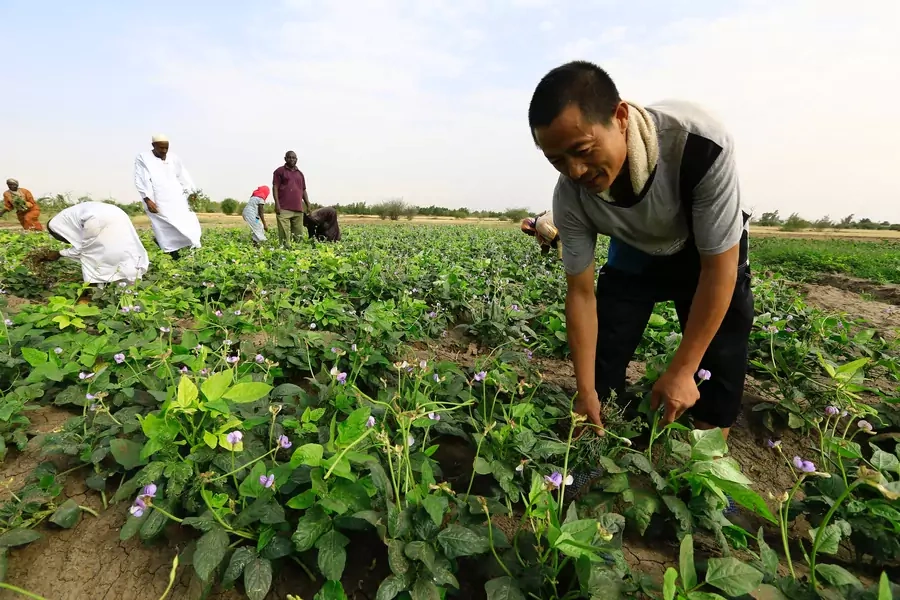Chinese Soft Power in Africa

Western media coverage of Chinese initiatives in Africa focuses on trade and investment, resource extraction, the presence of “Chinese boots on the ground,” especially with respect to UN peacekeepers, and diplomatic interchange between Beijing and African capitals. However, perhaps we should be paying more attention to China’s growing use of “soft power” in Africa, especially educational and technological transfer initiatives.
Quartz reports that there are now twenty Chinese-run agricultural training centers in Africa and over forty “Confucius Centers,” which are Chinese language and culture schools. The Chinese minister of foreign affairs has announced that China will offer ten thousand scholarships to African officials over the next decade. More Africans from English-speaking countries now study in China than in the United States or the United Kingdom.
More on:
While official U.S. public outreach in Africa takes different forms from that of the Chinese, in the current American domestic political climate there is little prospect for it to grow. There are only ten U.S. Department of State “Priority American Spaces” in sub-Saharan Africa (although there are also smaller, often locally operated, facilities). Furthermore, of the approximately one million foreign students in the United States, less than 3 percent are from Africa. Of course, there are other important forms of American outreach to Africa, especially through private institutions and non-governmental organizations.
The effectiveness of “soft diplomacy” is difficult to quantify, but “you know it when you see it.” Many, perhaps most, of us who have lived outside the United States have encountered foreign nationals whose positive views of the United States owe much to “soft diplomacy.”
More on:
 Online Store
Online Store